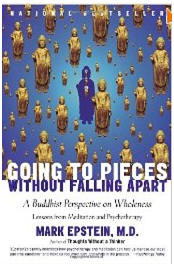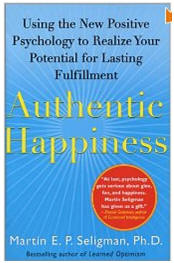|
| |
Psychology of Emotion (PSYC 456) - Spring
2013
LECTURE: T, TH (11-12:15),
TLC 249
Faculty: Jamie C. Nekich, Ph.D.
Office: Forney Hall, 013 (down 1 floor from building entrance)
Psychology Office: Student Health Building #206, 885-6324
Office Hours: T 2-3:00pm, and by appointment
Phone: 885-5057
E-mail:
nekich@uidaho.edu
Web Site:
www.class.uidaho.edu/nekich/
|
Required text: |
Emotion (2011) by Kalat & Shiota |
|
|
Additional Required Reading: |
Going to Pieces without Falling Apart
(1999) by Epstein |
|
|
Opening Up (1999) by Pennebaker |
|
|
Authentic Happiness (2003) by Seligman |
|
|

|
|
    |
 | Course Purpose:
The course provides an overview of various theoretical perspectives on
the experience and regulation of emotion. We examine research in
the field of emotion -- historic and contemporary. We will explore the
physical, neurological, cognitive, and social aspects of emotion.
We explore emotional development and the emotional elements of our
temperaments/ personalities. And we explore the nature of
significant emotional experiences such a anger, fear, happiness, and
self evaluative emotions like shame and pride. The course also
examines three influential perspectives on emotion regulation.
The course is upper division
so presumes basic understanding of psychological concepts and research
methods and will ask you to understand and explore concepts well beyond
those presented in the textbook. Class attendance is required. |
|
 | Learning
Objectives: After completing this course you will:
 | know the major
theories in the field of emotion |
 | be able to apply
theoretical knowledge to address practical issues related to
emotional experience |
 | be critical thinkers
about the role of development in shaping emotional constitution |
 | apply concepts to understand your own emotional experience and regulatory processes |
 | be prepared for
advanced study in disciplines related to emotion |
 | have a foundation of
theoretical perspectives to support exploration, critique, and
application of topics related
to human emotion |
|

|
|
|
 |
Exams:
One midterm exam and a final exam will
be given during the semester.
Exams are multiple choice, true/ false, short answer, and matching
questions. Exams will be reviewed in class but
not be returned.
 | MAKE-UP EXAMS ARE
ALLOWED ONLY IF YOU CONTACT ME WITHIN 48
HOURS OF THE EXAM AND GET PERMISSION.
|
|
|
 |
Final Project:
You can approach your
final project from one of three different angles (outlined under
'final project')
You will be asked to turn in a
final written product of high quality: a carefully edited, well-written
and formatted paper 4-7 pages in length. A month before the
project is due, you will turn in a one page summary of your
intended project that is specific enough that I understand your intended
topic and can approve it and/ or make suggestions. Your topic will
arise from a review of your homework, written exercises, and homework to
identify the topics that
intrigue and engage you most centrally. Your final project asks
you to pick a topic to explore in depth that holds meaning for you, that
holds your attention, and creates a natural curiosity in you. |
|
 |
Extra-credit:
Extra credit can be earned by participating in Psychology Department
Research Projects. You can earn a MAXIMUM of
30 points
extra credit. There is an alternative available for earning extra
credit if you prefer not to participate in experiments. Please
find more information under 'extra credit'.
|
|
|

 | Grading |
|
 | Points: You
can earn a total of 550 points during the semester. |
|
|
|
2 exams (100 points each)
|
200 |
|
|
10 Emotion Exercises |
150 |
|
|
10
Homework Assignments |
150 |
|
|
Final Project |
100 |
|
|
Unannounced Quizzes |
80 |
|
|
|
680 |
|
|
|
|
 | Grading:
Grading Scale: |
|
|
|
90-100% A |
612-680 |
|
|
80-89% B |
544-611 |
|
|
70-79% C |
476-543 |
|
|
60-69% D |
408-475 |
|
|
0-59% F |
below 408 |
|

|
|
|
 Back to Top
Back to Top
|
